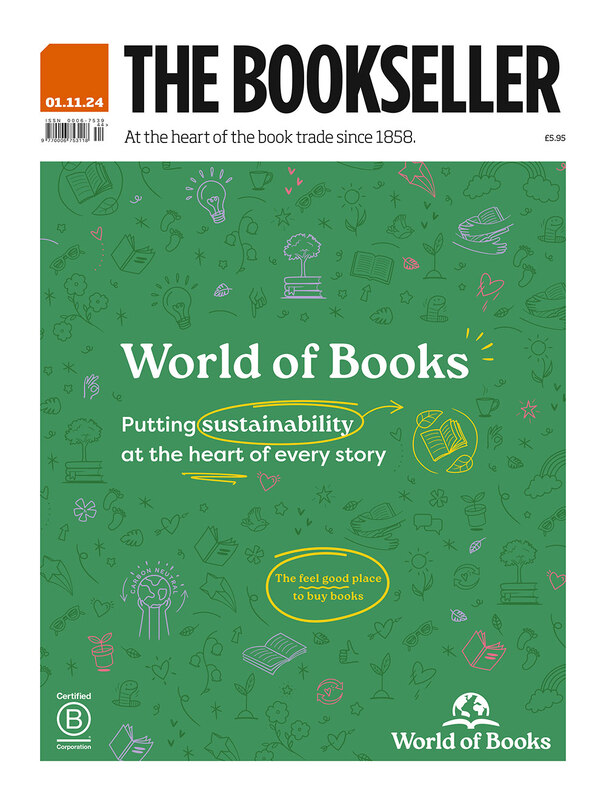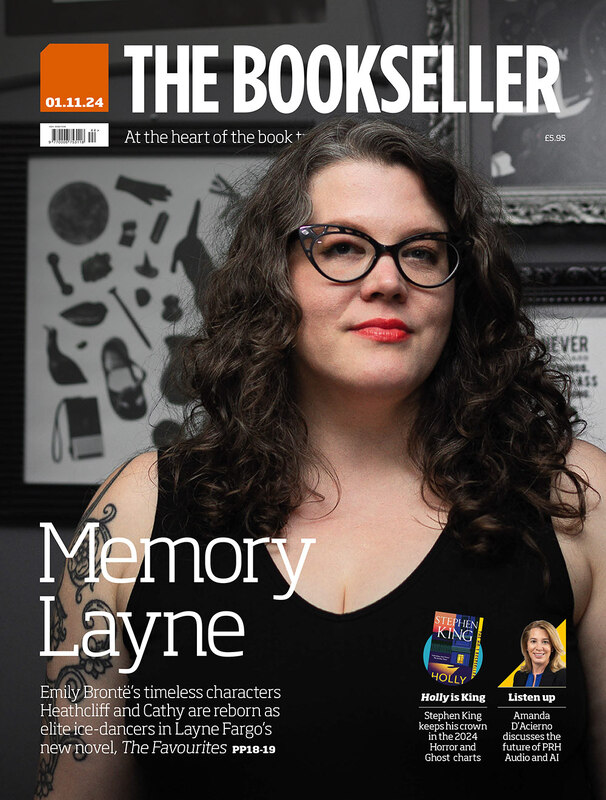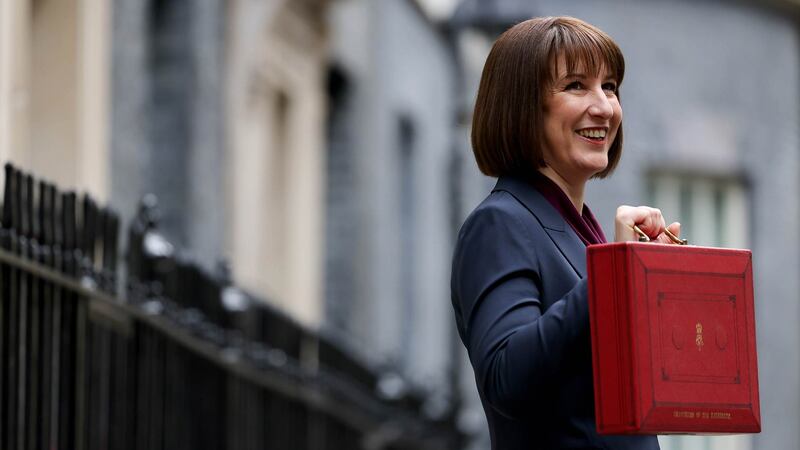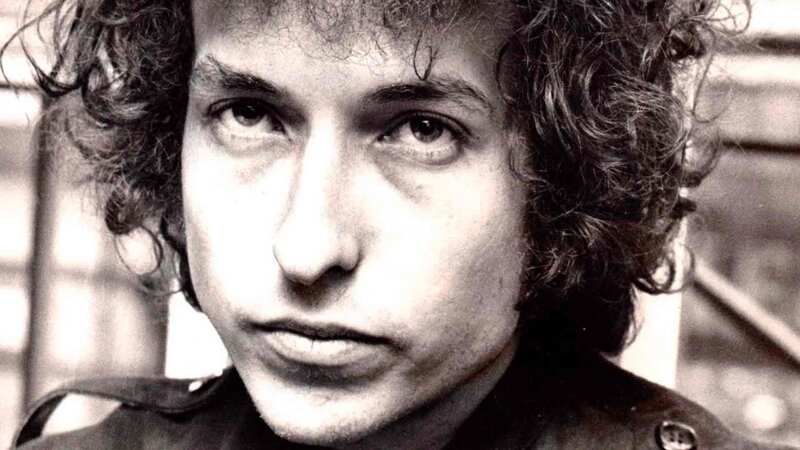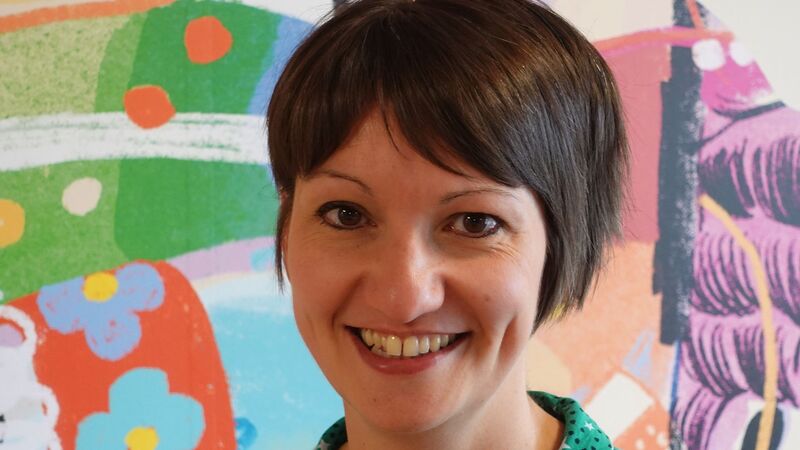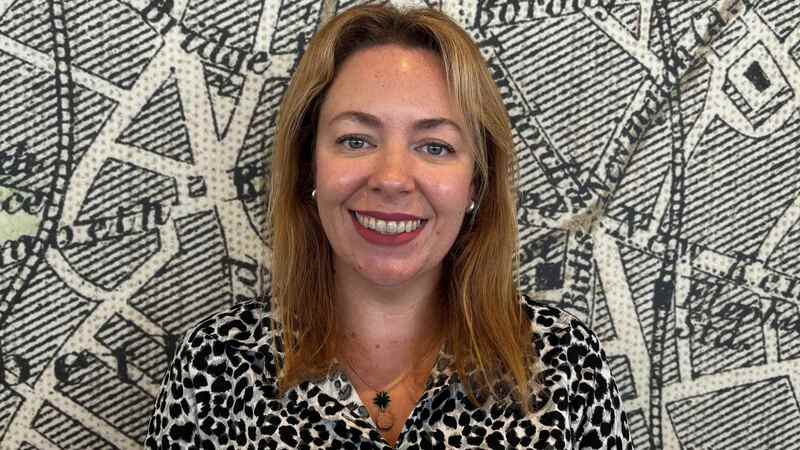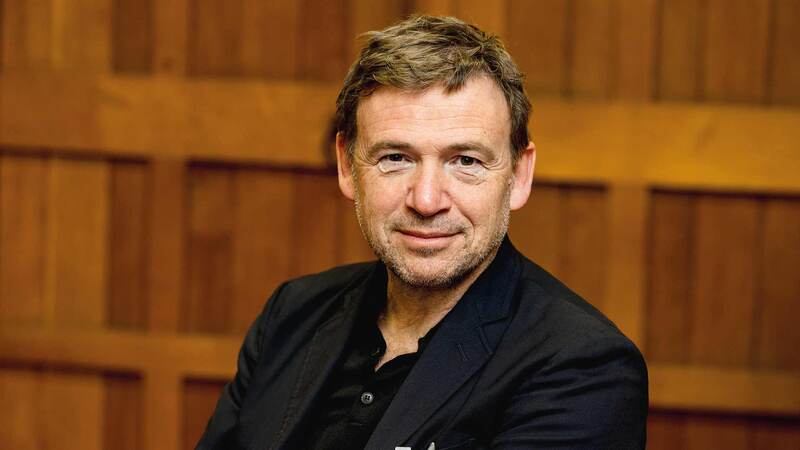You are viewing your 1 free article this month. Login to read more articles.
The margin call

As Chancellor of the Exchequer Rachel Reeves did not quite say this week, business is about choices, often difficult choices. A couple of weeks ago we ran a piece that looked at hardback sales, and the impact of raised prices. We’ve been thinking about this for a while, partly because agents and publishers have been talking to me about the shifts in the market, and are worried.
The picture is mixed. Hardbacks are clearly landing more softly than in previous years—as measured by copies sold, Intermezzo was down 10% on Beautiful World Where Are You, for example, with the new hardbacks from Jamie Oliver, Rick Riordan, Richard Osman and Jeffrey Archer, also all down. But to some extent the data is also reassuring—though volume is down, thanks to those rising prices, value is broadly positive. There was some pick-up of the piece in the national media, with the Telegraph headlining a comment piece, “The great hardback book con”, its thesis being that higher r.r.p.s were putting off book buyers. “Have publishers become too greedy?” asked journalist Liam Kelly.
It was once the case that making more from less was considered a sound business move. Historically, publishers have survived on thin margins, but thanks to greater efficiencies, consolidation, and changed consumption patterns, profits have increased, meaning that Bloomsbury, for example, has reported a margin of 16% at its consumer business in its first half, three percentage points higher than last year, but also well ahead of its non-trade bits. Other trade publishers do even better.
James Daunt remarked that the view from the offices of the corporates has got grander and grander over the past few years
Some chafe at the development, of course. At the Hachette panel I attended last week, Waterstones and Barnes & Noble boss James Daunt remarked on how the view from the offices of the corporates has got grander and grander over the past few years, a perspective that clearly irked his host Hachette c.e.o. David Shelley.
I expect Daunt was joking, but words such as “con” and “greed” are less funny. They are also misleading. The reality is that the book market is less binary than it once was, and this is reflected in price and in format. Even at £30 hardbacks are good value, but it is also the case that book buyers in search of something new now have more choices than ever, from a full-price, perhaps premium, edition from indie bookshops, to a discounted version bought elsewhere, to an audio version that is now either free as part of Spotify’s Premium subscription or from Audible for the price of an £8 credit.
For the FutureBook Conference, taking place on 25th November, I asked the research business Enders Analysis to take a look at the book market in relation to other media sectors and assess the impact of price rises; with the report to be made available to delegates. My hunch is Enders will think publishers have managed relatively well to grow themselves, while maintaining a diverse eco-system of retailers. But there will be wrinkles. In the US, for example, digital audio has now over-taken publisher sales of e-books and is growing at a rapid pace – here the issue may be not that one format is too expensive, but that the other is too cheap.
These, along with the cost of materials and pressure from certain big retailers, are the things publishers must think about when considering their strategies. A balanced approach to pricing is not a sign of greed, but common sense.

